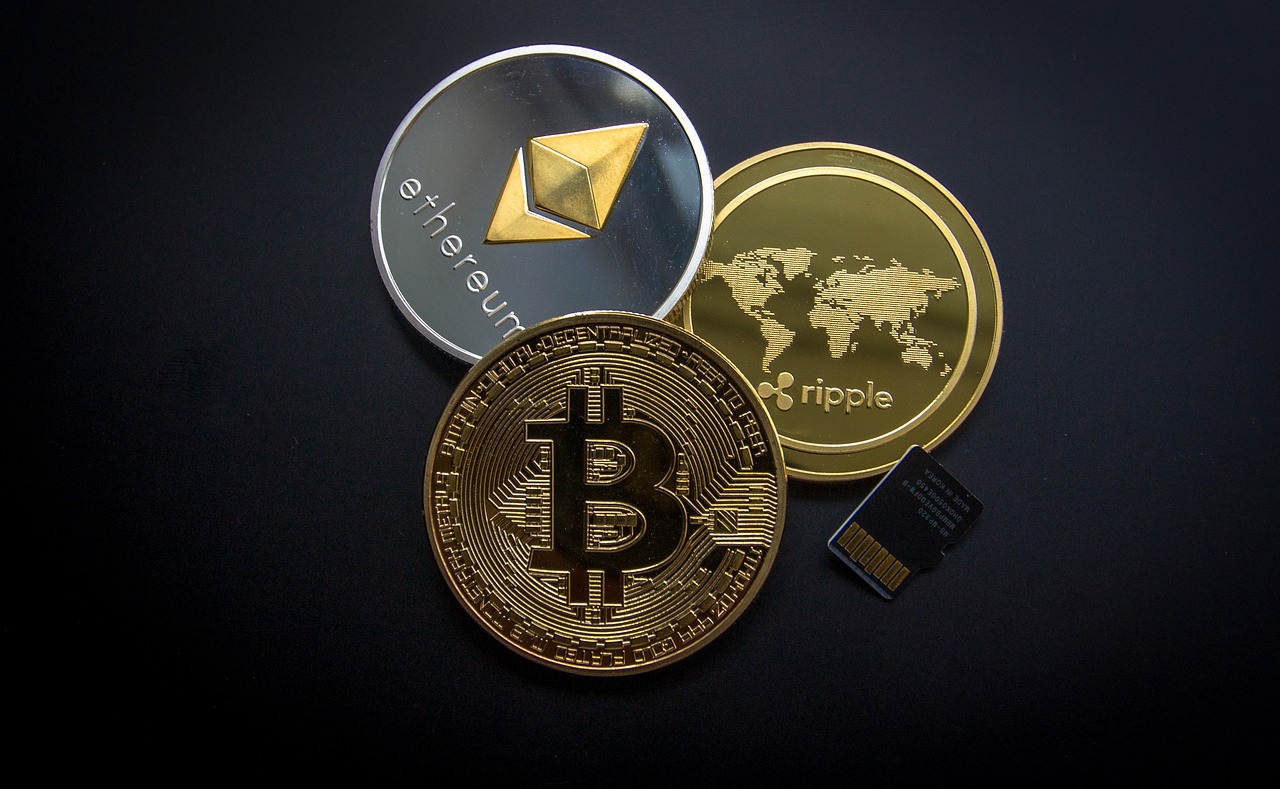Sam Altman-Backed Biometric Crypto Project Launches Stateside Amid Regulatory Shift
The cryptocurrency initiative supported by OpenAI CEO Sam Altman, now operating under the name World, has launched in the United States. Initially avoiding the U.S. due to regulatory uncertainty, the project has now entered the market amid a more lenient stance under the Trump administration.
Biometric Identity Verification via Iris Scanning
Managed by Tools for Humanity, World enables users to verify their identities through iris scans in return for its native token, WLD. The platform’s primary goal is to establish “proof of personhood” — confirming that each user is uniquely human — to address increasing concerns over AI-generated impersonation and digital identity fraud.
To facilitate this, World has deployed its proprietary biometric devices — known as orbs — across several major U.S. cities, including Atlanta, Austin, Los Angeles, Miami, Nashville, and San Francisco. At these stations, users can scan their irises to create a World ID, a digital identity credential, and subsequently receive WLD tokens via the World mobile application.
Initial Global Rollout Avoided U.S. Market
Originally introduced in mid-2023 as Worldcoin, the project deliberately left out the U.S. due to a lack of regulatory clarity around digital assets. The team emphasized compliance with jurisdictions that had clearer legal frameworks before considering U.S. expansion.
The current U.S. political climate, however, has shifted. Under President Donald Trump, regulatory enforcement in the crypto sector has eased. High-profile cases led by the SEC have been dropped, and activity among enforcement bodies like the Department of Justice has slowed. This more favorable environment has prompted several crypto firms — including those previously inactive in the U.S. — to re-engage with the market.
Crypto Industry Re-engagement Accelerates
World’s U.S. debut aligns with a broader trend of crypto companies returning to the American market. Exchange platform OKX resumed operations after settling a $504 million case with the DOJ. Similarly, crypto lender Nexo re-entered after a two-year hiatus, attributing its return to policy shifts under the current administration that support technological innovation.
Nexo’s leadership cited the Trump administration’s more accommodative regulatory stance as a key driver for their renewed U.S. presence. Enforcement actions by major agencies like the SEC and CFTC have notably decreased, reducing legal uncertainty for blockchain firms and opening the door for World’s stateside launch.
Digital Identity Infrastructure Through Biometrics
World’s foundation rests on a decentralized system for digital identity verification. By utilizing iris recognition, the platform generates a unique cryptographic ID for each user, recorded on a blockchain ledger. This biometric ID aims to prevent fraud, differentiate humans from bots, and enable eligibility for token distribution.
Proponents argue that as AI becomes more advanced, stronger identity authentication systems will be necessary to protect users and maintain trust in digital ecosystems. World’s use of physical biometric data is positioned as a universal and tamper-resistant identity standard.
Users who complete verification receive WLD tokens, reinforcing the vision of a decentralized network where real human identity — not pseudonymous wallet addresses — is the access key to participation.
Ongoing Privacy and Ethical Concerns
Despite technical assurances around data protection, World’s use of iris scans has sparked privacy-related criticism and regulatory challenges in various countries. Concerns center on the handling, storage, and ownership of sensitive biometric data.
To date, the company reports having scanned roughly 12 million individuals globally. Leadership aspires to scale that number into the billions, although adoption has varied significantly across regions. The U.S. rollout marks a pivotal moment, combining access to a large tech-savvy population with heightened scrutiny over privacy and surveillance.
Public response remains mixed: some view it as a gateway to future-forward digital systems, while others are cautious about the long-term implications of trading biometric data for cryptocurrency.
Outlook for Adoption and Market Impact
World’s U.S. expansion coincides with a broader search for momentum in the crypto space. Regulatory clarity — even the perception of it — is historically a critical driver for the mass adoption of emerging technologies.
Should the current deregulatory trend persist, more blockchain projects are likely to revisit or establish operations in the U.S. However, this movement may intensify debates surrounding data privacy, personal sovereignty, and the proper scope of government oversight in digital identity systems.
According to its creators, World aims to empower individuals by providing secure identity verification tools and facilitating participation in the digital economy. Yet its future growth will hinge not only on technological scalability and funding but also on user acceptance and evolving regulatory dynamics in the U.S. — one of the world’s most influential markets.
